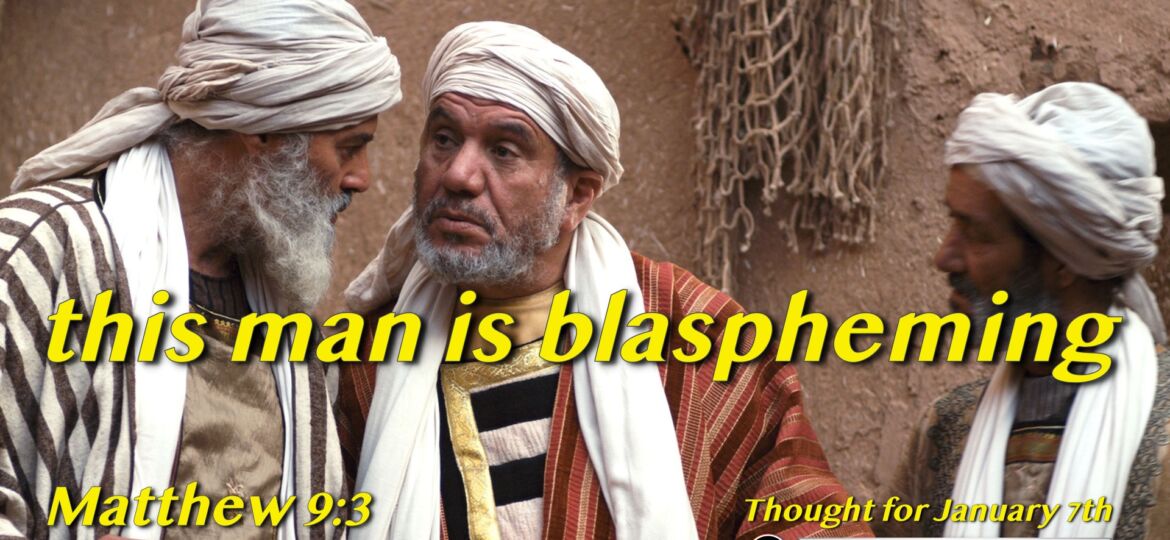The sevenfold occurrence of the phrase “the voice of the LORD” in today’s Psalm (29) intrigued us. When we came to the Matthew reading, the words of Isaiah Jesus quoted caught our attention, “This people honours me with their lips but their heart is far from me” [Ch.15 v.8]. The contrast between God’s “voice” and man’s could not be greater.
What is the nature of the LORD’s “voice”? The description of that voice given in the Psalm reminded us of the saying that actions speak louder than words! The point is that God’s “voice” is heard through his actions – except by those with whom he seeks to have a special relationship – then it can be “a still small voice” (or ‘the sound of a low whisper’ -1 Kings 19 v.12) as Elijah heard in the cave.
To godless men God “speaks” through his actions. This is the point David is making. At the time of Noah’s flood “the voice of the LORD is over the waters” [v.3] When the fearful people of Israel were at the foot of Mount Sinai, “the voice of the LORD is powerful” [v.4] In the ultimate future, “the voice of the LORD is full of majesty” [v.4] with a preview of this when, after Solomon dedicated the Temple, “the priest could not enter the house … because the glory of the LORD filled the LORD’s house” [2 Chron.7 v.2,3]
“The voice of the LORD breaks the cedars” [v.5] takes our thoughts to Isaiah 2 and its dramatic picture of events before the Kingdom is established [v.2-4] “For the LORD of hosts has a day against all that is proud … against all the cedars … against every high tower … and the haughtiness of man shall be humbled … and the LORD alone will be exalted in that day.” [v.12,13,15,17] Great quantities of cedar were brought to Jerusalem to build the Temple; it was a most prized wood, but God brought destruction on that temple because the hearts of those worshipping there became far from him.
The word translated “voice” is the simple Hebrew word qol. Young shows it occurs almost 500 times in the Old Testament, but what intrigued us was its very first occurrence. A situation impossible to picture in our minds!
“And they heard the sound (AV has ‘voice’) of the LORD God walking in the garden in the cool of the day, and (Adam & Eve) hid themselves” [Gen. 3 v.8]. There will come a time, we read in Rev. 21 v.3 when “the dwelling place of God is with men. He will dwell with them …” Those privileged to be there will have no need to hide when they hear “the voice of the LORD” Those there will honour the Lord with their lips – and with all their hearts. How unbelievably wonderful! Can you imagine it? Can you imagine being there?
[embedyt] https://www.youtube.com/watch?v=Yypj8pDa30w[/embedyt]










